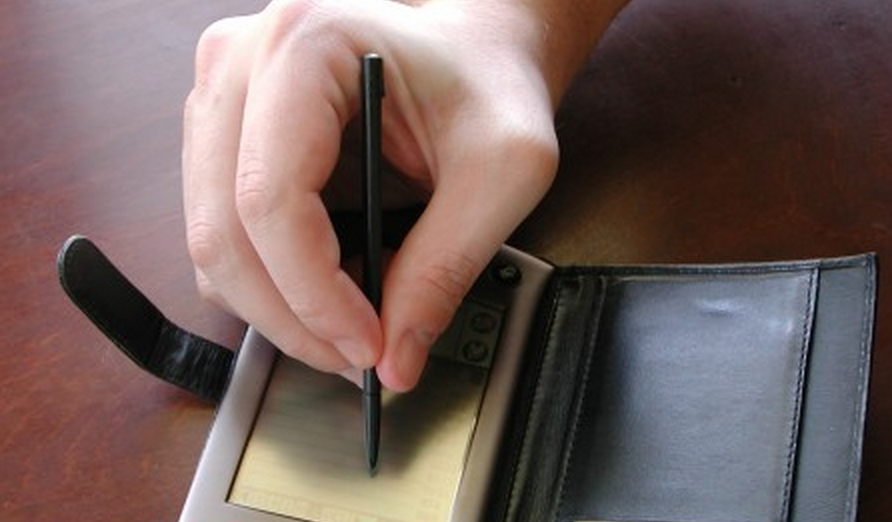
Do Manners Still Matter If You’re the Leader?
We are at our best with those random acts of kindness to strangers. Coworkers and family members don’t fare so well. The reasons vary: We take them for granted and think they’ll love us anyway. Or maybe familiarity breeds irritability.
Whatever the cause, rudeness has ruined family relationships. And otherwise competent business leaders are disliked and dissed by their staff and peers because they fail to understand that manners matter.
The revival of respect and kindness could revolutionize employee engagement.
Rude? Who Me?
Leaders communicate a lack of respect and discourtesy by:
- arriving late to meetings and wasting others’ time by keeping them waiting
- fidgeting with electronic gadgets while others are trying to carry on a conversation with them
- texting and emailing during a meeting
- paying no attention during phone conferences so that things have to be repeated
- not offering to lower the volume if a loud noise is disturbing others
- not speaking to others when entering a room
- failing to return a greeting when someone speaks to them
- borrowing others’ things without asking
- returning borrowed items in an altered condition after using them (dirty, broken, empty)
- sulking and withdrawing when in a bad mood
- speaking in a harsh tone when upset
- slamming a door in someone’s face—whether intentional or in haste
- using sarcasm or put-down humor meant to embarrass others on sensitive issues
- “dressing someone down” in front of others so as to embarrass and humiliate that person
- speaking to some people but not others in a group
- excluding others from a group during breaks or lunch simply because of the feeling that they are socially or intellectually inferior
- not writing down messages—and then forgetting to pass the information on
- dressing inappropriately when others have VIP customers in the office for a visit
- leaving food and beverages sitting around in common areas
- not offering to help others carry a heavy load
- failing to say please and thank you or express appreciation for work done
- failing to exchange pleasantries such as asking how others are feeling when they’ve been out sick
Great Communicators Master Manners
The opposite of these actions, of course, are the small kindnesses that communicate respect for others, engage their hearts, and ultimately increase your influence when you have an important belief or value to share. Manners matter a great deal to leaders who last.
Get more tips delivered to your inbox, click here to subscribe to Dianna’s ezine.
Dianna Booher
Dianna Booher is the bestselling author of more than 46 books, published in 26 languages, with nearly 4 million copies sold. Her personal development topics include communication, leadership, personal presence, productivity, life balance, and faith. Her latest books include
Creating Personal Presence: Look, Talk, Think, and Act Like a Leader and
Communicate With Confidence, Revised and Expanded Edition. National media such as Good Morning America,
USAToday, the
Wall Street Journal,
Investor’s Business Daily, Bloomberg, Forbes.com, CNN International, NPR,
Success, and
Entrepreneur have interviewed her for opinions on critical workplace communication issues. She is the founder of Booher Consultants, an international communication training company and more recently Booher Research. Clients include IBM, Lockheed Martin, Raytheon, BP, Chevron, Pepsico, Frito Lay, Lucile Packard Children’s Hospital, JP Morgan Chase, American Airlines, and Department of the Navy.
www.BooherResearch.com





